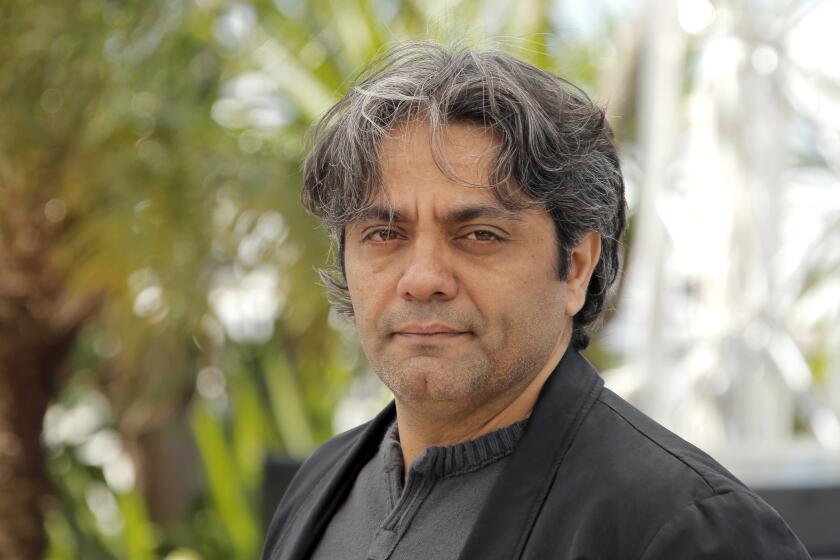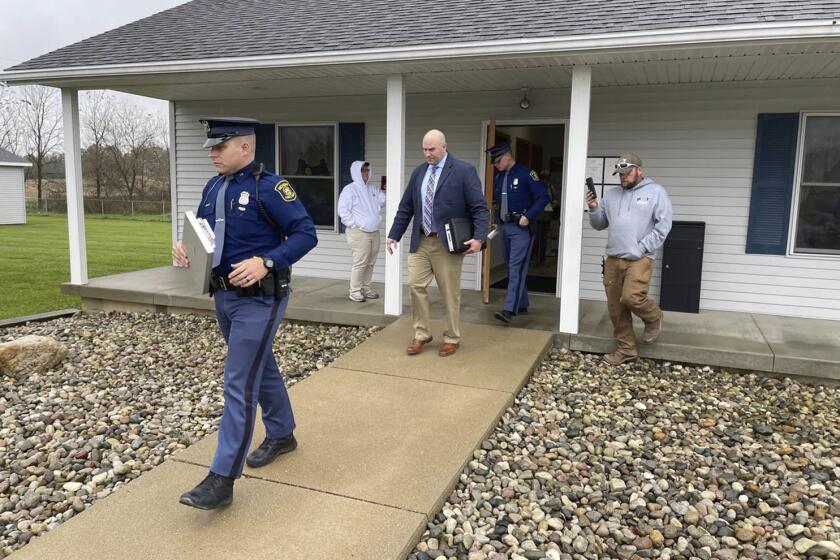Nicaraguan Court Rejects Delay to Prepare Defense for Hasenfus
The court trying Eugene Hasenfus refused Wednesday to allow the American’s lawyer more time to prepare his case and enter a plea to charges of terrorism and violating Nicaraguan security.
The People’s Tribunal panel of an attorney and two laymen did give Enrique Sotelo Borgen permission to hold only his second meeting with Hasenfus. The first meeting, on Monday after charges were presented at the trial’s opening session, lasted just five minutes.
On Wednesday, the lawyer requested a two-day extension of today’s deadline for entering a plea on grounds that he needed more time to discuss the case with his client. Sotelo Borgen also noted that he had not even received a copy of the indictment against his client. The tribunal agreed to give him a photocopy of the charges.
“Regarding the request for an extension on the time period to answer the charges, there is no reason for such,” said a statement issued by the tribunal. “It is firmly established by law that there is a time period of two days for the prisoner to answer to charges by himself, or through his defending lawyer.”
Will Plead Today
Sotelo Borgen, who was hired by Hasenfus’ family, said he will respond to the charges today as required. He told reporters the rejection of the postponement “adds to the lack of defense of the prisoner.” He denied that Nicaraguan law forbids an extension.
Hasenfus is accused of acting on behalf of the U.S. government when the C-123 cargo plane on which he was a crew member was shot down Oct. 5 in southern Nicaragua. It carried supplies for the contras, U.S.-backed rebels fighting Nicaragua’s leftist Sandinista government. Three other men aboard were killed--two Americans and one who has not been identified.
Hasenfus, 45, of Marinette, Wis., faces up to 30 years in prison if convicted.
The Sandinistas, who overthrew the right-wing government of President Anastasio Somoza in 1979, set up the People’s Tribunal in 1983 to prosecute those accused of counterrevolution. Foreign reports of its conviction rate range as high as 99.8%. The United States has called it a “kangaroo court.”
More to Read
Start your day right
Sign up for Essential California for news, features and recommendations from the L.A. Times and beyond in your inbox six days a week.
You may occasionally receive promotional content from the Los Angeles Times.






